2018 was a big year for many things, including pivotal moments in female empowerment, but if we had to sum it up, scoop up the entire year’s sentiment and present it to you in one tight package, we’d say this: diversity.
Say what you will about the frivolity of entertainment — if you’re truly #woke, you’ll know that a society’s culture, including what its people actively choose to consume, can tell us a lot about what we prize. And entertainment, or art, since it’s often lovingly crafted, has never been more important a measure of an era’s zeitgeist.
So we’ll turn to it then. Certainly, representation was discussed a lot — demanded — along with the idea of inclusivity.
Just look at the praise and support surrounding Black Panther and Crazy Rich Asians, both necessary and overdue feature films, their casts filled with faces that are seldom represented in mainstream (or, Hollywood) media; an African-American kid, or an Asian one, can look up at the screen and finally feel recognised. Those films went on to break box office records, in a decade where movie attendance is waning, in the face of outright skepticism. It’s astounding.
We’d argue though, that TV has long been ready for this moment. Part of the conversation we should be having as a society — beyond just representation — is how we’re dealing with our internal, perhaps hidden, racism. And we know no smarter show than the Netflix’s Luke Cage.

Hailed as the first black superhero of this generation, certainly the first leading Marvel black man, a lot fell on the shoulders of actor Mike Colter and showrunner Cheo Hodari Coker.
They know it, and they handle it well. At a media conference in Manila, they fielded difficult questions with ease, and lighthearted humour — everything from the symbolism of Luke Cage as “a black man in a hoodie”, to how the show deliberately subverts the original 70s comic, unfortunately steeped in a history of ‘blacksploitation’, to deliver a genre series that’s poignant, positive, and hopeful.
If you’re reading this now, you’ll know that the show — along with Iron Fist, and, true shocker, Daredevil — has been cancelled for further seasons, after two spectacular runs. We won’t go into speculating why, but what we can do is give the creators, everyone from the cast and crew, a rousing send-off. Naturally, we’d urge you to watch it if you haven’t.
Now, the writing’s already on the wall, but we’ll let Colter’s words speak for themselves.

Let’s talk about Luke Cage as a character. What do you find most admirable about him, what do you identify with?
Mike Colter: You know, having somebody like him who has a very clear understanding of what his job is in the community. We started out with him having a very strong moral compass, wanting to do things the right way, which is sort of his worst enemy — because any time you’re a good guy and you’re doing things right, people are doing it however they want, and you’re always gonna be a step behind. He’s the best part of us when we’re trying to be a better society, he’s trying to do right — and for that, that’s something that people can connect to. The desire to do good, even though there is no reason other than to be a good person.
How do you incorporate elements of that into the portrayal of the character?
MC: It’s mostly Cheo’s writing that helps with our certain desire for the character. Cheo puts in a lot of stuff with the writers. People like [Ta-Nehisi] Coates and [James] Baldwin and [Langston] Hughes. He reads a lot of literature. He’s modelled a superhero after these people in literature, so we have a superhero who has a swagger to him, but also sort of introspective, with a self-awareness. I think that makes him unique.
And kind of sensitive as well, for a guy of that physique. He’s able to embody this sensitivity that’s quite rare in a lot of superheroes, where it’s usually just, a physical strength kinda thing. There’s that play on strength.
MC: Yeah, exactly.

For Luke Cage, they moved away from the costume, obviously, because it’s cheesy right — save for that early origin reference. Then again, costumes can be very integral to a hero, it’s a symbol. Is it a deliberate choice for Luke Cage to be a “black man in a hoodie”? Do you feel that its a powerful symbol as well?
MC: Well, we’re trying to debunk the myth that a person or black man wearing a hoodie, you know going back to Trayvon Martin being killed in Florida, unarmed. Whenever someone sees that, immediately, they’re thinking something’s amiss, a criminal activity’s happening. In this case, we want to make him approachable, relatable, and to have people think differently about anyone who walks around in a hoodie. That’s a choice, and it makes sense.
So it kind of subverts that expectation!
MC: Yeah, yeah. Everyone in your neighbourhood should try to help, be a person who’s conscious and wanting to help. We’re trying to get people to understand that you can’t associate criminality with a race, just because of something you’ve been taught or felt growing up. It’s a long road, but yeah, this is what we’re fighting against.
And I think it’s important to show that in a piece of popular culture. Was there a part of your growing up that mirrors Luke Cage’s experience?
MC: You know, I grew up in a rural setting, away from the city, so not really Harlem at all! But what’s unique about Harlem and New York City is that a lot of the residents (before now, because it’s quite gentrified) would be from the South, moved there, and brought their culture with them. So a lot of the same people you’d find in the South, where I lived, moved there. The people were not that different. It’s the culture that they’ve taken and brought over. So the people in Harlem, you know, dress with the same kind of flair, sensibility and style, same cadence of speech, same music. Though the South have their own flavour!

Okay, so Luke Cage exists in the TV universe. How does he compare with the other characters in the MCU?
MC: I feel like they’re all in the same world. I think Luke would react to Thor the same way most people would react to Thor in costume, like, what are you wearing, what is that? [laughs] I think, for people in the cinematic MCU, there’s a certain sense of going with it, like what you see, we accept it. To me, the most pedestrian, approachable and relatable character is Spider-Man, because you have this young teen who gets his power, and gets in with Iron Man, then looks up to him, in awe.
Yeah, he’s us basically!
MC: Exactly. So that’d be it. If Luke were to walk up to Spider-Man in Queens, you know, that I can see. It would be cool for Luke to hang out with those guys, but he’d be out of his element too. Looking around, like, what is this? The jet. It’d be mind-blowing for him.
What do you think they’ll bond over though?
MC: One thing is that we all represent a part of mankind that desires to be able to do things in a supernatural way, to do things that we’re incapable of doing. As humans, we feel so limited in our abilities to overcome evil, to undo things. There’s so much evil in the world, and people that do unspeakable crimes, and if we could, what can we do with power? That desire to make change, to overpower evil. That in itself, is what draws people to superheroes, and all of us. We can actually go there and stop it. If someone’s being attacked by like 20 guys, Luke Cage can go there and kick all their butts, you know. That’s what we wish we could do when we see things in the news that bother us — we wish we were superheroes who can go fix it.

How about the Luke Cage comics, are you a fan of them?
MC: I did read some it! There’ve been various versions of it. I actually enjoyed some of the earliest versions we pulled when we were doing Jessica Jones. I learn a little bit from all the characters. I mean, I wrestle a bit with the old ones because they’re not really…
Yeah… they come from the 70s right, which has a history of blacksploitation in the media. Do you think the series subverted that into something more meaningful for today’s context though?
MC: Mmhm. The journey from what the black community was then, and now. We tried to make that journey palpable, feel like it’s a current version. We try not to take ourselves too seriously, so the things that Luke says, we always throw a little flavour of that in there, because it’s what it’s born of. But we do take pride in talking about serious subject matters too. It’s not just entertainment, we do have a message sometimes. It’s a lot of different things in there.
Even just representation, being there on screen…
MC: But that’s the thing about it you know, the pressures of that. People never think that representation’s just the beginning or the opportunity. If you start or you’re the only person, people judge you differently. It’s always like, well, now what you’re here, what do you do? And if you’re not doing it well, you’re just squandering the opportunity. It’s like, all eyes on you.

Did you feel that way in Season 1?
MC: Of course! I didn’t really feel it when we were making it, but it was always way, way distant, back in my mind. No matter what, we had many things we wanted to accomplish in the first season, too many people trying to get involved. We were the only ones out there — the black superhero of this first generation. It’s not the first one ever! For my generation, it was Shaft! Or Blade, you know.
But I think — TV, Marvel, lead character, it would have to be Luke.
MC: Oh yeah, for sure, for this generation yeah.
Do you feel like the reception’s slightly different now after Black Panther? Because Season 1 was kinda before that, and Season 2 was very soon after.
MC: I think, Black Panther was something hip, different and revolutionary. And it was a huge success, and they put a huge amount of money into marketing that. And I think it’s easy to get people to sit down for 2 to 3 hours, it’s still a commitment but people make it, you know. We’re talking about a series. 13 hours, 13 parts. People will have trepidation, you know, 13 hours is a long time. They may watch one, two, some people binge, some people come back to it. It’s a lot of different considerations. In a way, it’s much easier to do a movie than a TV series, because that requires a long-form journey or narrative. You can’t tell it in two episodes! Is it too long? Is it just enough? We’re always dealing with that, and it’s a much more difficult things to accomplish, but the payoff is that you get to explore the characters more, people will get more entertainment, you can live with these characters for a long time, even though some people binge it in one day.
Haha yeah, but have to feel really involved!
MC: Yeah we try to give you enough to sink your teeth into for a long time — which is certainly not easy!
Last one, is there a defining quote to Luke Cage that you feel strongly for? After all, everyone knows the great one from Spider-Man…
MC: Yeah, that’s all of us. For Luke Cage, it’d be “always forward, forward always”. It’s like, you get knocked down, get back up. It’s always about going on, moving forward — we have to, in spite of what we’ve lost, we have to.
Forward always! Marvel’s Luke Cage is still available on Netflix.


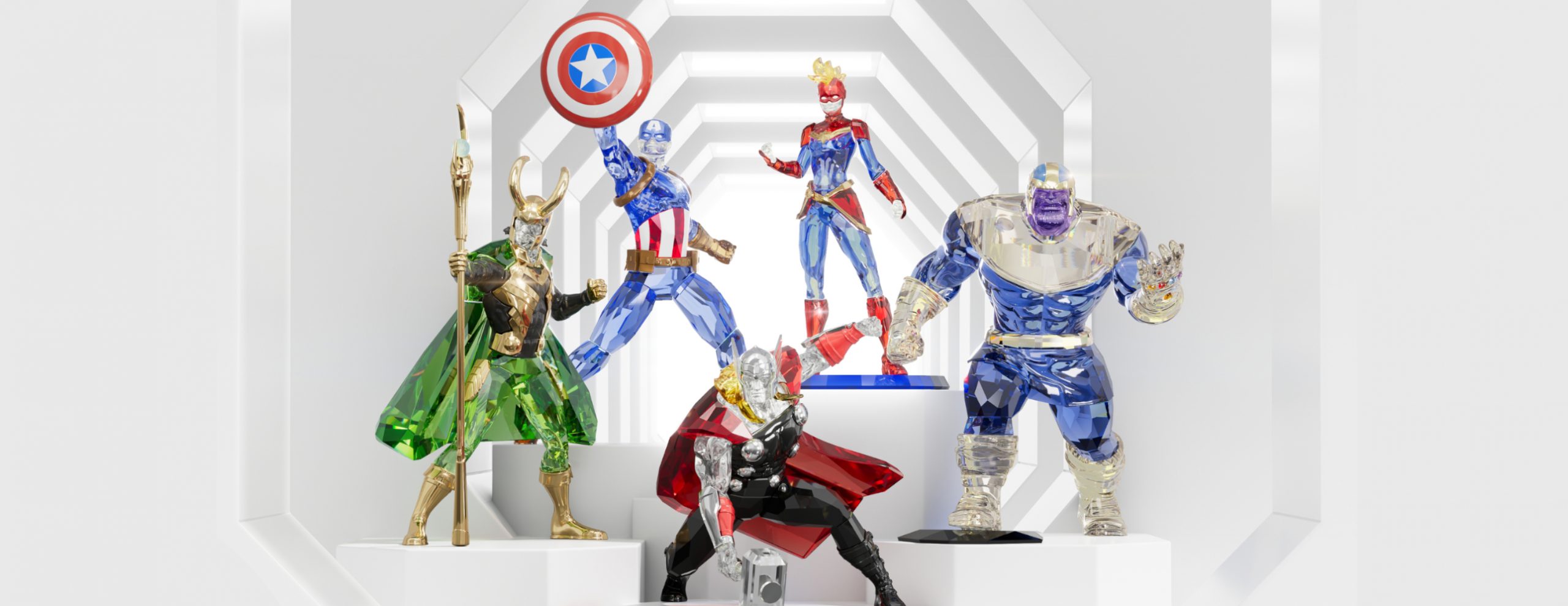
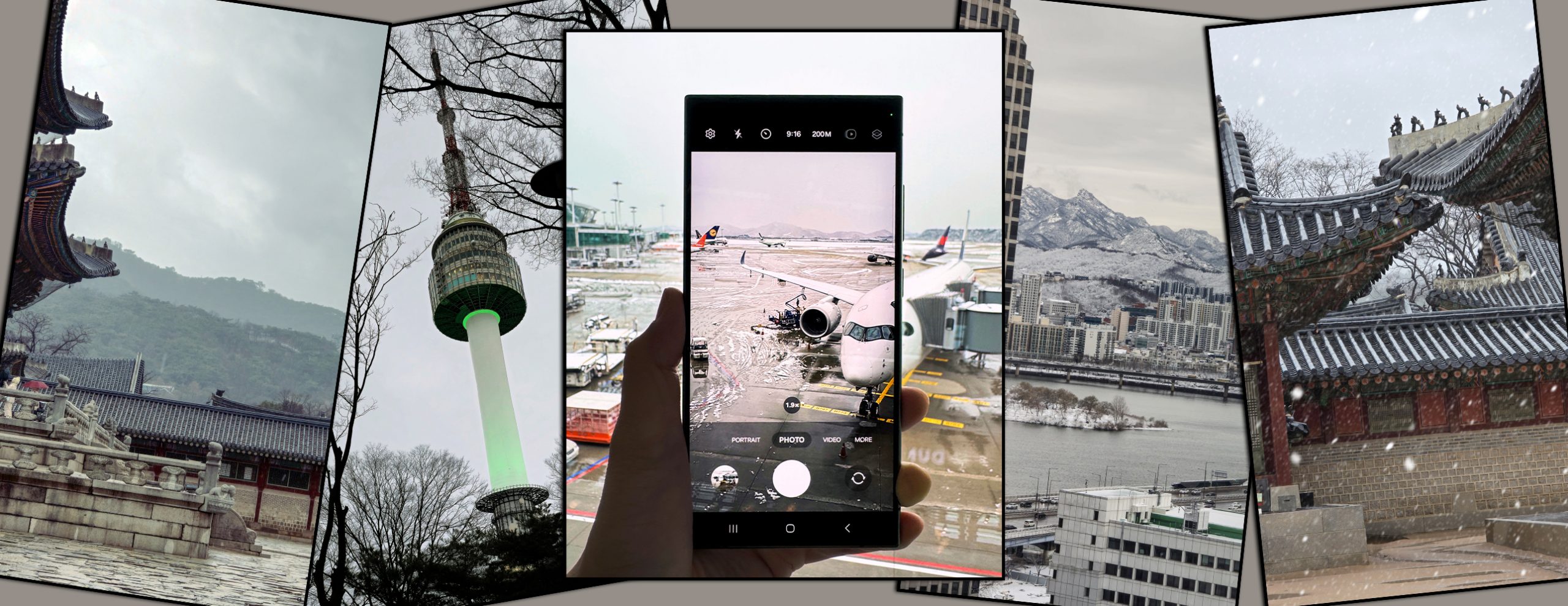


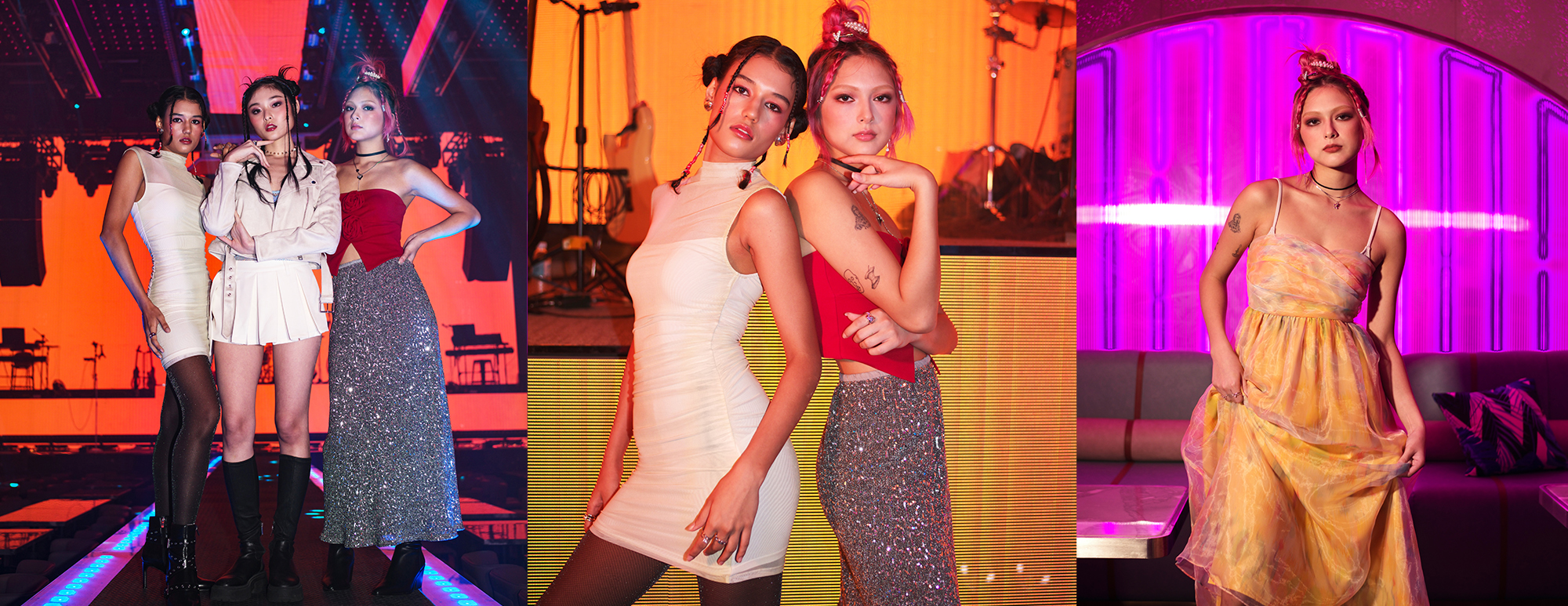
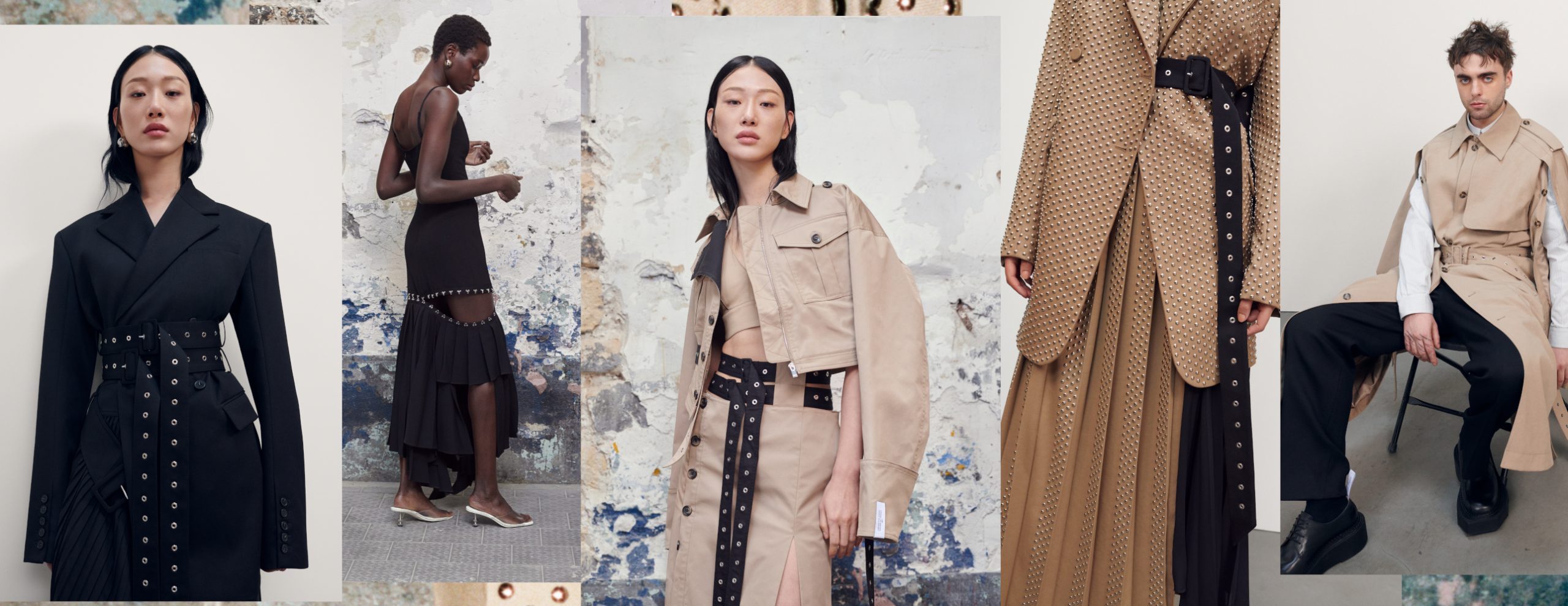
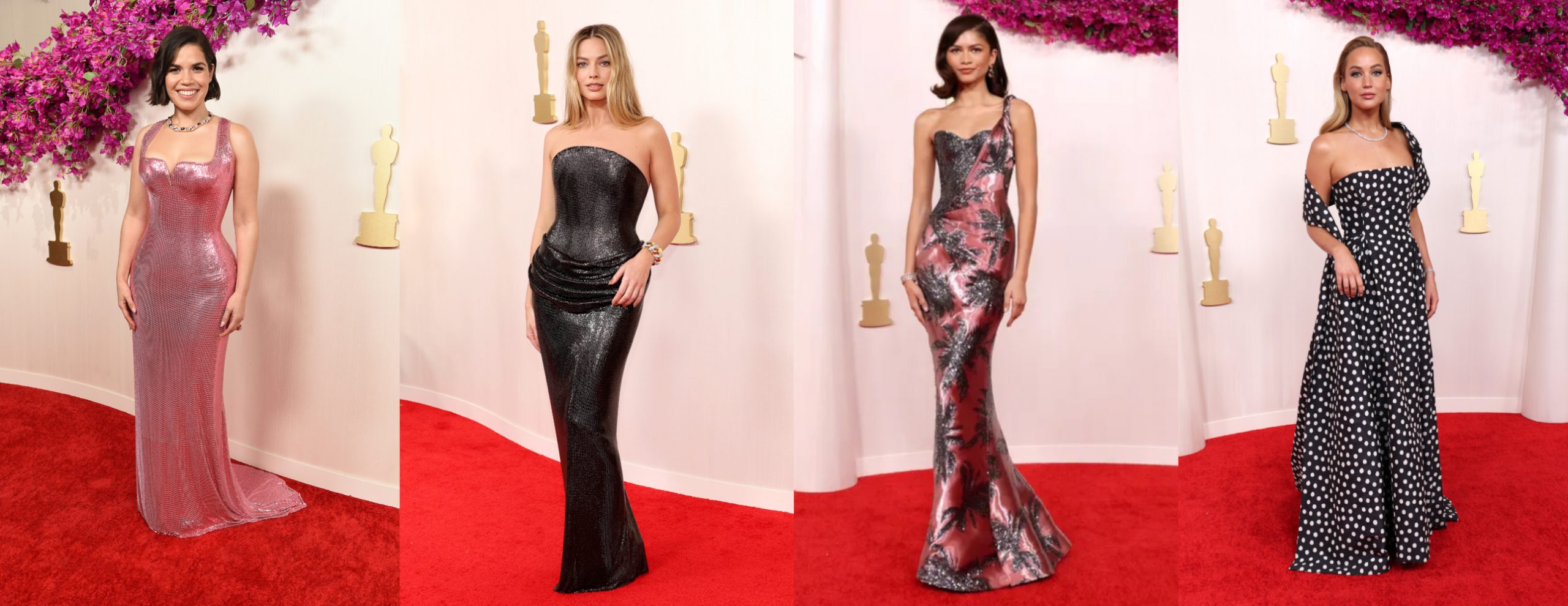
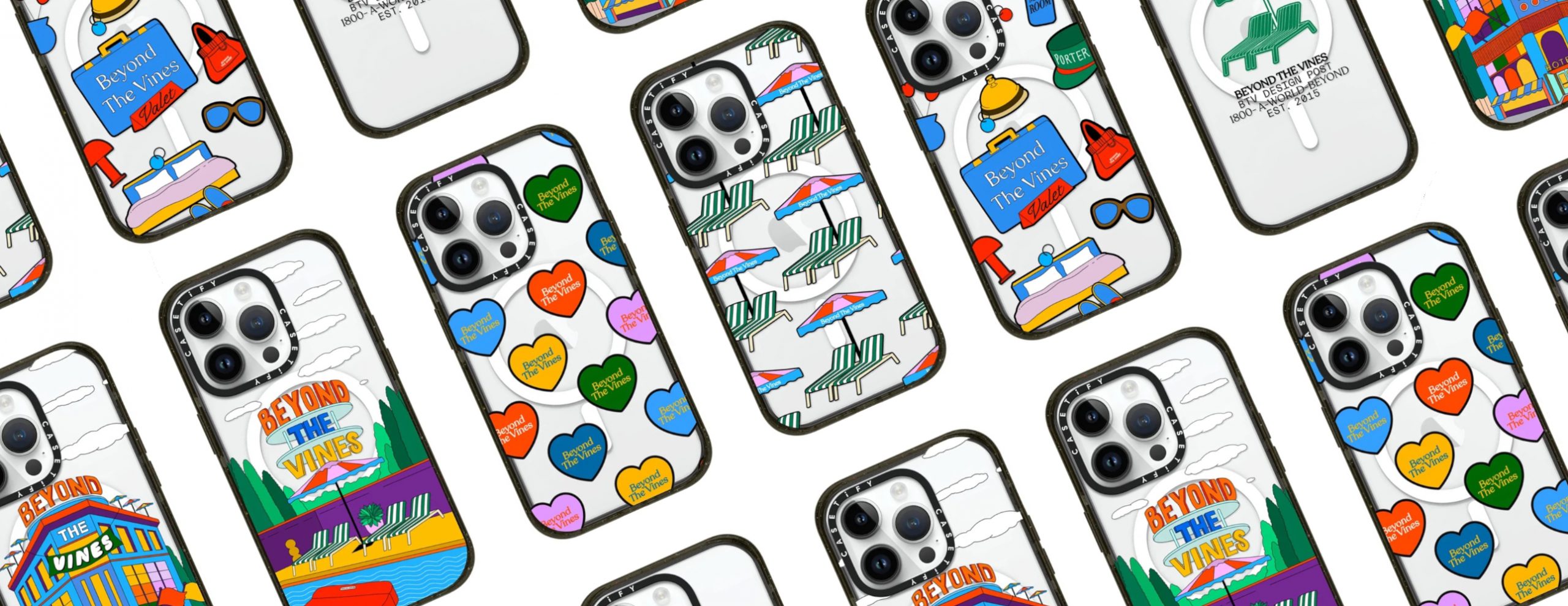

You must be logged in to post a comment.